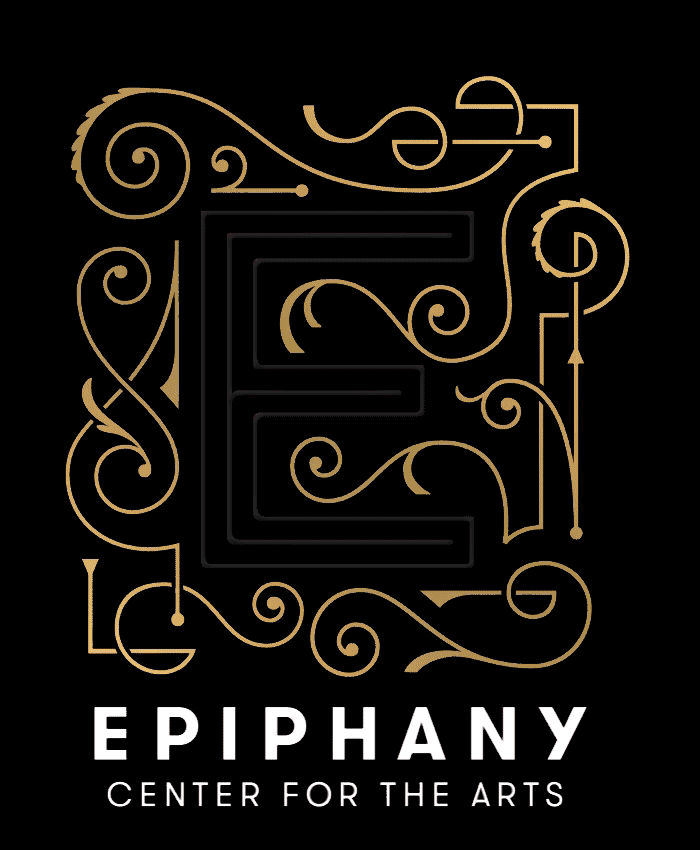VIEW THE COMPLETE ARTICLE HERE
Review: CAIC’s ‘Song of Chicago’ was a delightful exploration of the city’s musical history
By Hannah Edgar
Chicago Tribune – September 12, 2022 at 3:16 pm
Don’t get me wrong: I’m as Chicago-over-everything as the next person.
But even this ride-or-die Chicagoan walked into the Collaborative Art Institute of Chicago’s 2022 art song festival, with performances Sept. 7-11, with some trepidation. Presenters who take an entire geographic area as their programming thread, much less the nation’s third-largest city, risk dividing by the commonest of denominators. Those projects often end up feeling more than a little parochial — less Carl Sandburg’s City of the Big Shoulders, more City with a Big Chip on its Shoulder.
But “The Song of Chicago” proved, once again, that CAIC is no pedestrian programmer. As tenor and Artistic Director Nicholas Phan made clear during his interstitial comments, this “Song of Chicago” had not just a chorus but a well-researched thesis, arguing that Chicago was uniquely nurturing to composers in the 20th century. Its conservatories educated, if not always warmly welcomed, more Black musicians than peer institutions, and during the same period, the city’s pro-labor leftist movements gave refuge to artists who might have been forced to the fringes elsewhere — like Sandburg and his alliances with composers Ruth Crawford Seeger and Ernst Bacon.
Indeed, the more focused CAIC’s programs, the more rich the musical rewards. Its first Ganz Hall recital on Sept. 7, billed as a “tasting menu” of Chicago composers, was exactly that and short of a meal. The last, at Epiphany Center for the Arts on Sunday, narrowed its focus on settings of Sandburg’s poetry and the folk songs documented in his 1927 “The American Songbag” collection. In comparison, that program felt positively ripe for an album treatment — if not of Sandburg’s entire “Songbag,” then at the very least of Eric Malmquist’s Sandburg settings. Clear pools of understatement and reserve, Malmquist’s meditative “Masses” (heard for the first time on Sunday) and selections from his “Chicago Songs” cycle let Sandburg’s verses land the emotional blows, rather than frilling them up with episodic shifts and excessive word-painting.
Pound for musical pound, however, “Song of Chicago’s” strongest recital was its second, on Sept. 8 at Ganz Hall. Dedicated to the music of Black composers, its premise could have easily crashed and burned into a tokenistic mess. But CAIC executed this decision more thoughtfully and narratively than a clumsy grab-bag approach. While Chicago’s conservatories might have been nominally integrated, its musical communities were not; CAIC traced pedagogical lineages and collaborations that were as much a function of the city’s segregation as anything. In one particularly stark speech, Phan noted that the National Association of Negro Musicians met for the very first time in the middle of the 1919 Race Riots. Black creatives flocked to the city with a shared goal of artistic self-determination, only for their meetings to be forced underground by the mayhem.
That program also highlighted a hiccup in the ongoing Florence Price revival: The local and international attention lavished on the late Chicago-based composer has mostly buoyed her instrumental output. But her art songs? Exquisite, and woefully underrated — not to mention comparatively under-recorded (though YouTube helps, as usual).
The three Price songs heard on Sept. 8 — “Bewilderment,” “Fantasy in Purple” and “Hold Fast to Dreams” — soared on the pipes of Ryan Opera Center fellow Lunga Eric Hallam, already one to watch after his performances with the Chicago Symphony and Lyric Opera earlier this year. To be fair, Hallam stuns in any repertoire: His tenor is augmented by sprawling upper and lower extensions, both of which he tinges with a dizzying array of colors and timbres — as he did in his “Songbag” performance of George Walker’s “I Got a Letter from Jesus,” shapeshifting to embody different characters.
A pair of miraculous mezzos stood alongside Hallam as festival standouts. Currently a young artist at Chicago Opera Theater, Pauline Tan duly impressed in that company’s programming last season and was given a well-deserved spotlight in the “Songbag” finale. Her voice wasn’t the afternoon’s biggest, but it was the plushest, tossing off acrobatic control and wry delivery in that program’s charming set of Ernst Bacon songs.
Before that, in the festival’s first two programs, mezzo-soprano Zoie Reams more than commanded Ganz — she seemed to be able to control the amount of light and oxygen altogether in that hallowed hall. Will Liverman’s recording of Okpebholo’s “Two Black Churches” last year remains essential listening, as was bass-baritone Damien Geter’s live performance at MusicNOW in March. But neither brought the fierce, eternal flame of a mother’s love to “Ballad of Birmingham,” sung from the perspective of a woman who loses her daughter to the 16th Street Baptist Church bombing. That was for Reams, and Reams only. The pregnant silence afterward hung in the air like a prayer.
“Song of Chicago” wouldn’t have been complete without its requisite reading of Sandburg’s “Chicago” — and it came at its very end, during the “Songbag” recital. Had listeners not traversed all that emotional terrain in the meantime, it might have felt unearned. But come Sunday, could I show you another city with lifted head, singing so proud to be alive and coarse and strong and cunning? Not possibly.
Hannah Edgar is a freelance writer.
The Rubin Institute for Music Criticism helps fund our classical music coverage. The Chicago Tribune maintains editorial control over assignments and content.


